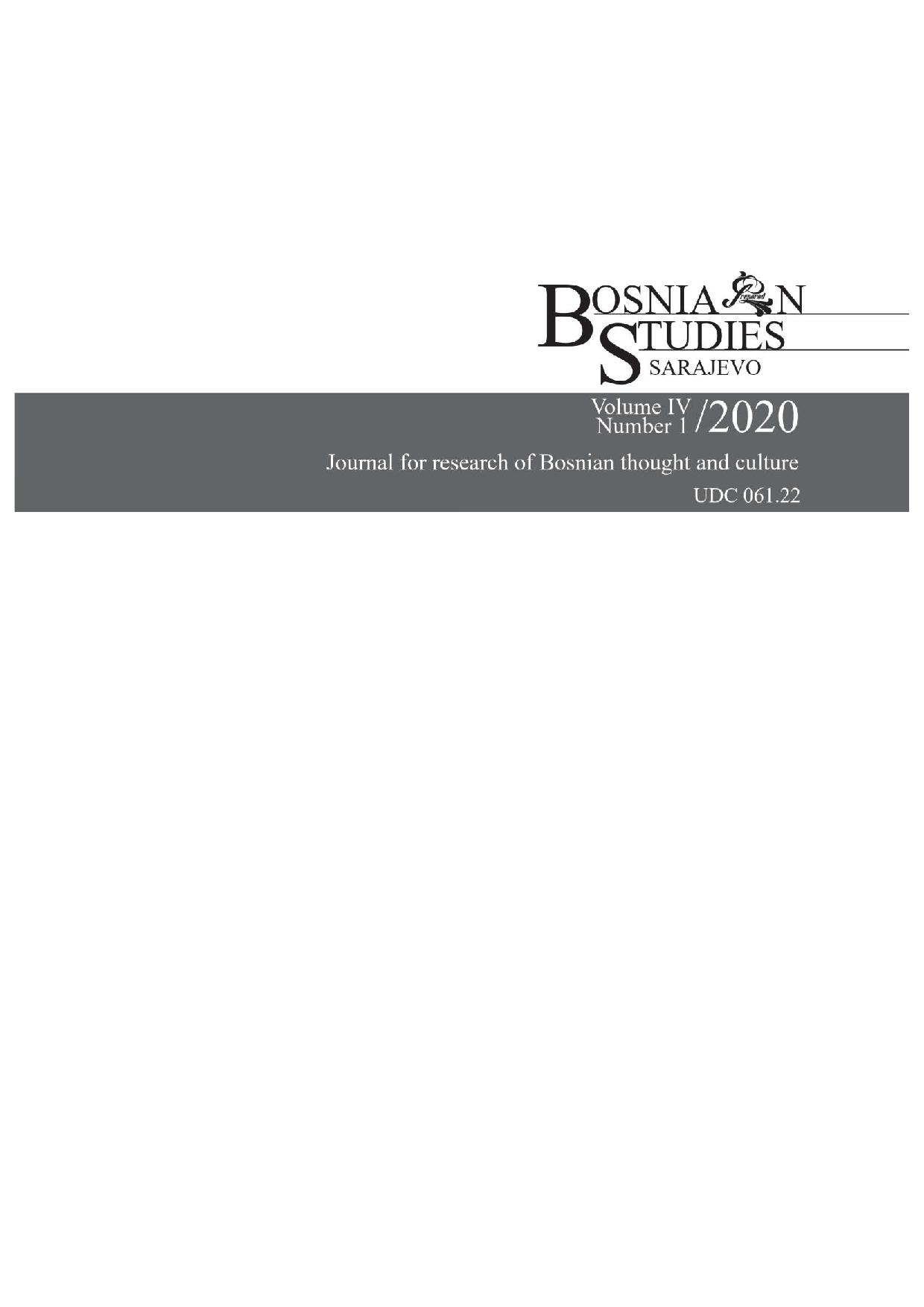Bosnia, Neoliberal Capitalism, Conservative Consciousness, and Citizens' Naivety
Bosnia, Neoliberal Capitalism, Conservative Consciousness, and Citizens' Naivety
Author(s): Senadin LavićSubject(s): Bosnian Literature, Serbian Literature, Nationalism Studies, Politics of History/Memory, Politics and Identity, Identity of Collectives
Published by: Bošnjačka zajednica kulture "Preporod"
Keywords: Bosnia;Bosnianness; Bosniaks;knowledge;reflection;
Summary/Abstract: The historical process has posed a challenging question about Bosnia's national identity today. It is quite obvious that since the end of the 19th century, the historical course of a nation has been reduced to a "religious group" in which it is possible to recognize regression and unconscious existence. This represents a trace of the Ottoman period of hegemony in Bosnia, when the identity of the people was determined by religious affiliation. Therefore, it is no coincidence that the end of the Austro-Hungarian monarchy in Bosnia, left Bosniaks solely perceived and defined as Muslims. What looks like naivety and powerlessness during the 20th century, should in fact be seen as ignorance of, and non-reflexivity on, one's own existence. In the Yugoslav system, they were designated as Muslims - with the capital letter M. At the time, it was announced as the solution to the national question! The clash of unfinished ethnic-religious constructions of Bosniak identity and the process of globalization in the first decades of the 21st century, led to paradoxical and somewhat tragic self-experiences and attempts to develop national consciousness, based on a religious matrix that is the foundation of conservative consciousness. This moves the whole of human destinies in the wrong direction once again, and the importance of the national or civic identity and political philosophy of statism are undermined and blurred by non-reflexive voluntarism. It seems that citizens’ naivety and their lack of knowledge about themselves and their own state framework, have led to a disastrous anti-Bosnian mentality and the extinguishing of the Bosnian national civic identity.
Journal: Bosnian Studies: Journal for research of Bosnian thought and culture
- Issue Year: 4/2020
- Issue No: 1
- Page Range: 22-36
- Page Count: 15
- Language: English

